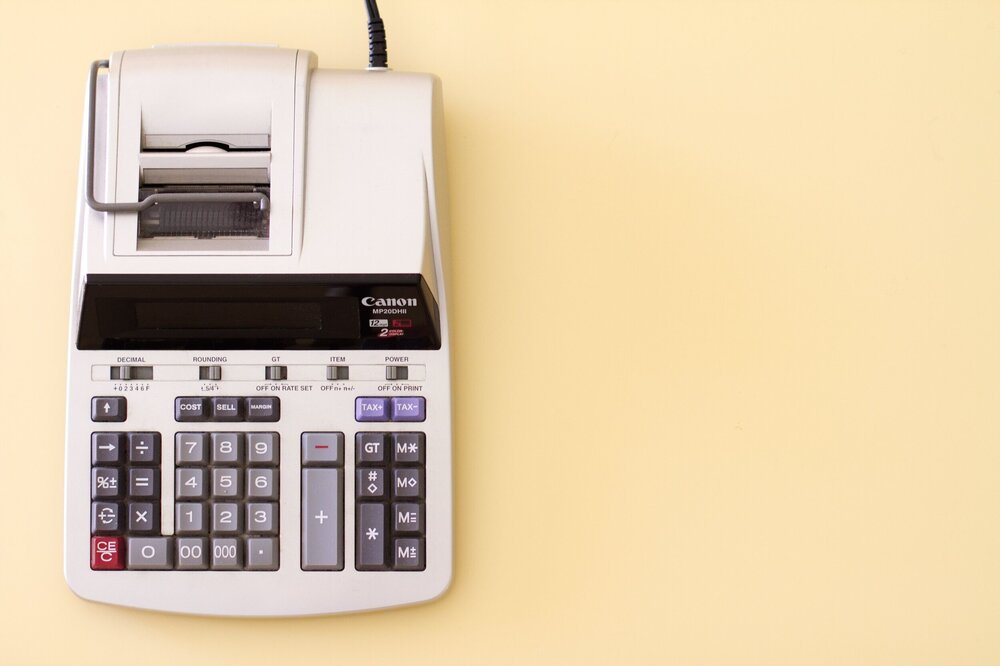The Federal Government has created a code of conduct which is mandatory for landlords and tenants from 3 April 2020, intended to “aid the management of cashflow” for tenants and landlords as a result of the impact of the COVID-19 pandemic and to ensure business continuity and resumption of usual trading activities after the pandemic is over.
The Code applies during the pandemic period – which is referenced by the period the Jobkeeper programme is operational. The code is to be legislated at state level, which has not yet occurred but is anticipated this week. Unfortunately, the Bill is not yet available to review the intended operation.
10 Takeaway Points
- The purpose of the Code is to encourage cooperation and provide relief for tenants affected by COVID-19 in order to “share the pain”.
- What tenants are eligible to protection? The code applies to any business with a turnover of less than $50m which is suffering financial distress as a result of the coronavirus. If the business qualifies for the Jobkeeper package (ie has suffered a 30% downturn in revenue), then the business is automatically deemed to be covered by the Code. It will be interesting to see how this is interpreted. One question that might arise is whether it is necessary that the revenue downturn is directly as a result of the coronavirus or are businesses who are seasonally affected also protected? The Code states that a business is in distress where the revenue is affected “as a direct result of the COVID-19 pandemic” but also states that a tenant is protected where suffering financial stress “as defined by their eligibility for the Commonwealth Government’s Jobkeeper programme”, which is a different measure. The Code states that a factor determinative of the nature of the relief is whether the tenant “has suffered financial hardship due to the COVID-19 pandemic”, which suggests that there must be a direct link.
- Irrespective of whether there are elements of the Code that technically may not apply, the Code makes it clear that the spirit should be applied to all affected businesses throughout the pandemic period.
- The parties are encouraged to be transparent and to provide “sufficient and accurate” information to assist determine arrangements to properly reflect the intent of the Code. This raises the question as to what information must be shared? Profit figures or turnover? Expenditure? In our view, some information disclosed between parties may be prejudicial to the future relationship and so this will be a delicate balance. The Code requires that any arrangements must take into account the impact of the COVID-19 pandemic on the tenant, “with specific regard to its revenue, expenses, and profitability”. We also suggest that any arrangement should ensure confidentiality is maintained.
- Rent relief must mandatorily be provided by the landlord for the tenant’s benefit, which proportionately reflects the damage suffered by the tenant. The parties are theoretically entitled to structure this in any number of ways, as suits the circumstances. However, there are some specific minimums that must be adhered to (eg at least 50% of the relief is to be a waiver of rent, which cannot be recovered later, and any rental deferral must be amortised over a minimum period of 24 months).
- For how long must the relief be offered? The measures are only intended to be temporary and must reflect the impact on the tenant. The Code requires that the arrangements are “proportionate and appropriate based on the impact of the COVID-19 pandemic plus a reasonable recovery period”. Accordingly, in our view the rent relief may be for a period of more or less than 6 months, depending on the circumstances. In our view, the relief would be available for every month during which the tenant can demonstrate it is eligible for such relief.
- Rent increases are frozen for 6 months.
- A landlord’s right to evict the tenant or call on any security bond for failure to pay rent is prohibited for the pandemic period plus a reasonable subsequent recovery period. This makes it unclear how long a tenant has to pay rent before the landlord may take possession. The landlord’s right to evict a tenant is preserved for other failures, and tenants are obliged to perform all other obligations in the lease.
- Landlords must pass on the benefits received by the landlord from banks or statutory authorities.
- Where the parties cannot agree, mediation is available through the Small Business Commissioner, the results of which are binding on the parties.
Recommendations
We strongly recommend that any agreement is documented clearly in writing to ensure there are no disputes as to the obligations for this period. An experienced lawyer can assist you to provide advice on your position and prepare an appropriate agreement to reflect your intentions clearly and unambiguously.
How We Can Help
Nevett Ford are able to assist both tenants and landlords with pragmatic advice on your rights and the effect the Code has on you as a landlord or a tenant and the preparation of communications for you to negotiate with your landlord or tenant. We have released set price packages to assist landlords and tenants and more information can be found HERE or please contact us at 03 9614 7111 or commercial@nevettford.com.au.

